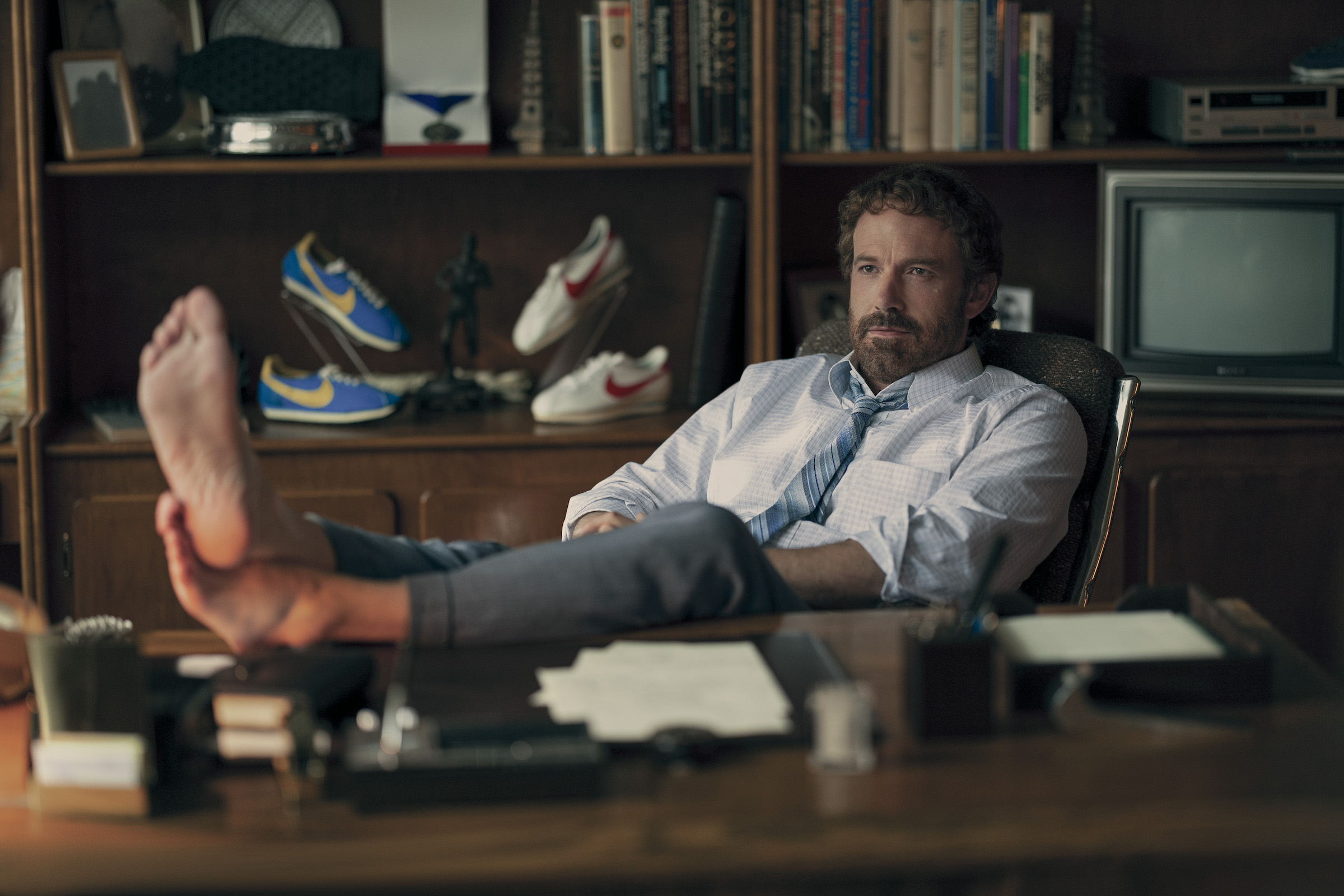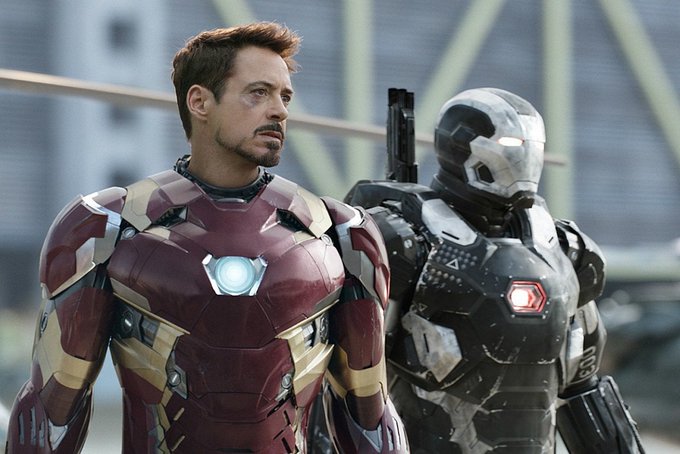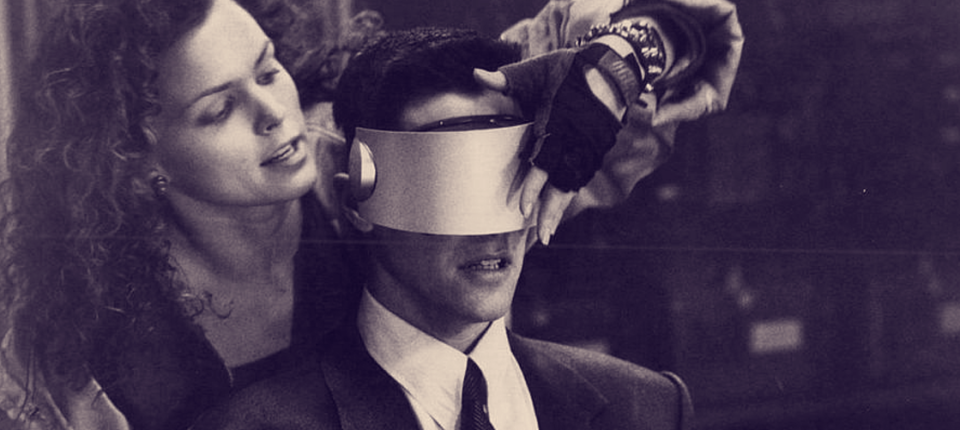If you were to read the reviews of Elysium in places like Rotten Tomatoes, you might think it was going to be mediocre at best. Instead, I think it is brilliant and will be appreciated more as time goes by. Here’s some random notes jotted down on why I liked it very much.
It follows the same pattern as Blade Runner: the longer I watched Elysium, the more it reminded me of Blade Runner. It is a immersive, dystopian world centered in Los Angeles. Only the poor live on earth, while the better off live off world, tended to by robots. In Blade Runner, the lowest form of life (the replicants) are in desperate need of expert attention to survive. In Elysium, it is the poor who need medical attention to survive. While they are trying to get help, they are being chased by killers trying to stop them.
While there are similarities in the story lines, there are also similarities in the reimagining of Los Angeles. Ridley Scott imagined LA as a dystopian mixture of punk club and Japan, all cast in darkness. Blomkamp imagines it as a sunbaked shantytown with no end. Both are bleak places, and both represent a vision of the times they are in even as they are cast into the future.
Like Scott, Blomkamp has a great eye for detail. In particular, with the wealthy. There are all sorts of details, from the Versace healing beds, to the watch Jodie Foster wears to the luxury vehicle that Matt Damon’s character attacks midway through the film. The wealthy live in neat, opulent spaces while the property of the poor is caked with dirt, dark, piled up and messy, and Blomkamp does a great job of setting the stage with a high level of detail.
Overtime, the influence of Blade Runner has grown and grown, as has it’s stature as a film. I predict that as Blomkamp makes more films, he has a chance to have his films seen the same way. Elysium may not gain the following that Blade Runner has, but over time, I believe it will be appreciated more than it currently is.
It’s an big budget action film: District 9 was impressive in that it managed to be embody many genres, from Science Fiction, documentary, horror, buddy film, action film, with lots of politics and even romance throughout. (Watch it again: it is dazzling to see it all come together.) Elysium is a big budget action film, and while that gives Blomkamp freedom in some ways, it restricts him in others. I think some viewers were let down by those restrictions and were expecting something closer to District 9. I was happy that he got to make another film like this that had a good chance of attracting a similar audience. Why?
It’s agitprop: I think it is amazing that Blomkamp got to make an agitprop film. A big budget agitprop film, with big international stars. Underlying all of the action and drama of the film is the message that immigration and health care restrictions are bad, and that the wealthy need to have a responsibility to share and help the less fortunate, not shun and ostracize them. To emphasize this, Matt Damon’s character is an ex thief and working class, and the woman he loves is a nurse, while his chief adversaries are cut throat politicians, CEOs, and the henchmen that do the ugly work on their behalf.
It’s not Costa-Gavras, but in this age when most big budget American films are based on cartoon characters, it is both extraordinary and influential. Maybe not influential for viewers who think about these ideas all the time, but for many people, this will have more influence on them than any serious documentary (which they would never go to) would have. Agitprop needs to go where people live, speak to them in their language: not have them come to it, speaking down to them.
It is the present dressed up as the future: watching Elysium, I was struck by how close this future is. LA is not a shantytown, but shantytowns exist everywhere. There is no city in space, but in much of the world there are resort hotels and resort cruise ships which may as well be in space for the people that live there. There are no flying cars or drones yet, but the drones are practically here and autonomous, if not flying, cars are just a few years away. It is a dystopia, but not a far off one. As well, immigration and health care are big topics of discussion in the United States of America right now: that they are a big part of Elysium can be no accident. Like much good SF, the future is near and drawn from the Now.
It has flaws: overlook them. There are a fair number of flaws with Elysium, but I felt that was because Blomkamp was taking current reality and moving it into the future, flaws and all. Or he was focused on illustrating a point. All SF has flaws — anyone who ever watched a SF film with time travel will tell you that. And to insert ideas into a fast paced action film risks introducing more flaws. But to write off the film for those flaws is to miss out on a lot.
It nicely pays homage to other SF, including District 9, Wall-E, 2001: A Space Odyssey, Blade Runner, and no doubt more. SF fans can enjoy watching the film just for references.
 Nowadays movies seem to be getting longer….many creeping up to 2.5 hours in length. (Don’t believe me? Check out this.) That’s fine if you have the time to settle into a film, but what if you can’t? What if your weekend is already packed as it is, but you still would like to see something?
Nowadays movies seem to be getting longer….many creeping up to 2.5 hours in length. (Don’t believe me? Check out this.) That’s fine if you have the time to settle into a film, but what if you can’t? What if your weekend is already packed as it is, but you still would like to see something?





 Did you know you can still get DVDs from Netflix? Well
Did you know you can still get DVDs from Netflix? Well 


